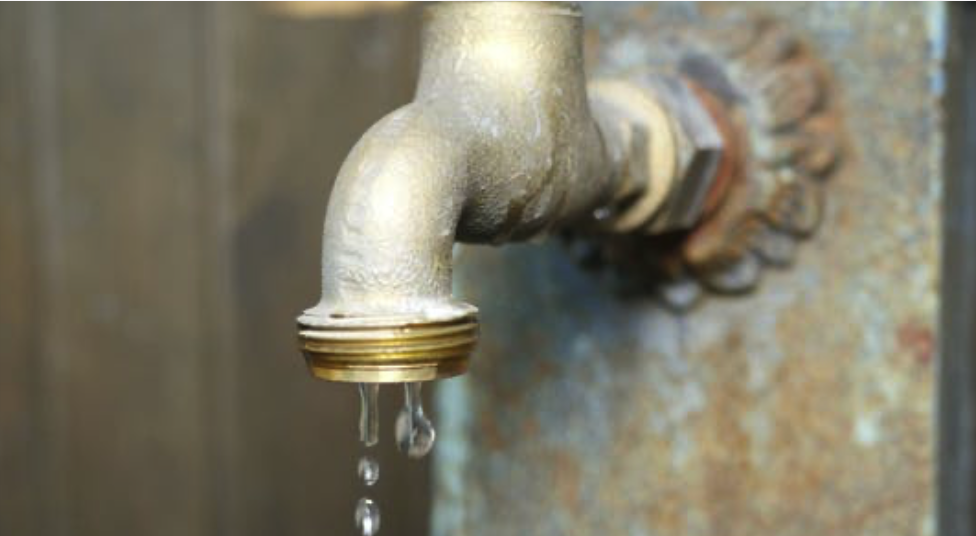By Joshua Bowling | Arizona Republic
Some metro Phoenix cities are taking initial steps to cut back on their water use while Arizona’s largest source of water continues to be strained.
The measures are much less extreme than similar ones in California or Nevada; residents will not see any impact at home. But if things continue to get worse, which most every water leader in the western U.S. anticipates, some Valley residents may need to cut back on their water use.
Mesa this month enacted the first of its four water shortage tiers. It’s aimed at outdoor water use, which is the vast majority of water used in Arizona. The declaration means city facilities will cut back on how much water they use. Future stages call for more extreme restrictions, such as only letting restaurants serve water when a customer requests it and adding a fee to the bills of large water users.
City leaders from the West to the East Valley are focused on a “culture change” before requiring residents to use less water. That’s been decades in the making — the well-known “Water: Use It Wisely” campaign started as a joint effort between Mesa, Phoenix and Scottsdale in 1999.
The region has seen success in cutting back water use. Metro Phoenix uses about 33% less water than it did in 1980, even though Arizona’s population has since doubled, thanks in large part to more efficient plumbing codes and recycling water. Ten of the largest Valley cities, including Phoenix, account for 11% of the state’s water use even though they make up half the state’s population.
Last year, several metro Phoenix cities raised water rates in response to the turmoil on the Colorado River.
“While Mesa has long prepared for these conditions, it’s imperative that we take any strain on our water sources seriously, as a city, and as responsible residents of our desert environment,” Mesa Mayor John Giles said in a statement.
Mesa’s plan, step by step
Mesa is in the first stage of its plan, which seeks to cut the city’s water use by 5%.
The city manager has the authority to declare the first stage. But elected leaders have to sign off on future stages.
Stage two. Reduces 10% of water use.
No using drinkable water for watering lawns between 7 a.m. and 7 p.m.
Car washes are only allowed at commercial facilities, or with a bucket and a hose.
Discontinue decorative water and misters that use drinkable water.
Stage three. Reduces 15% of water use and implements one or more of the following:








